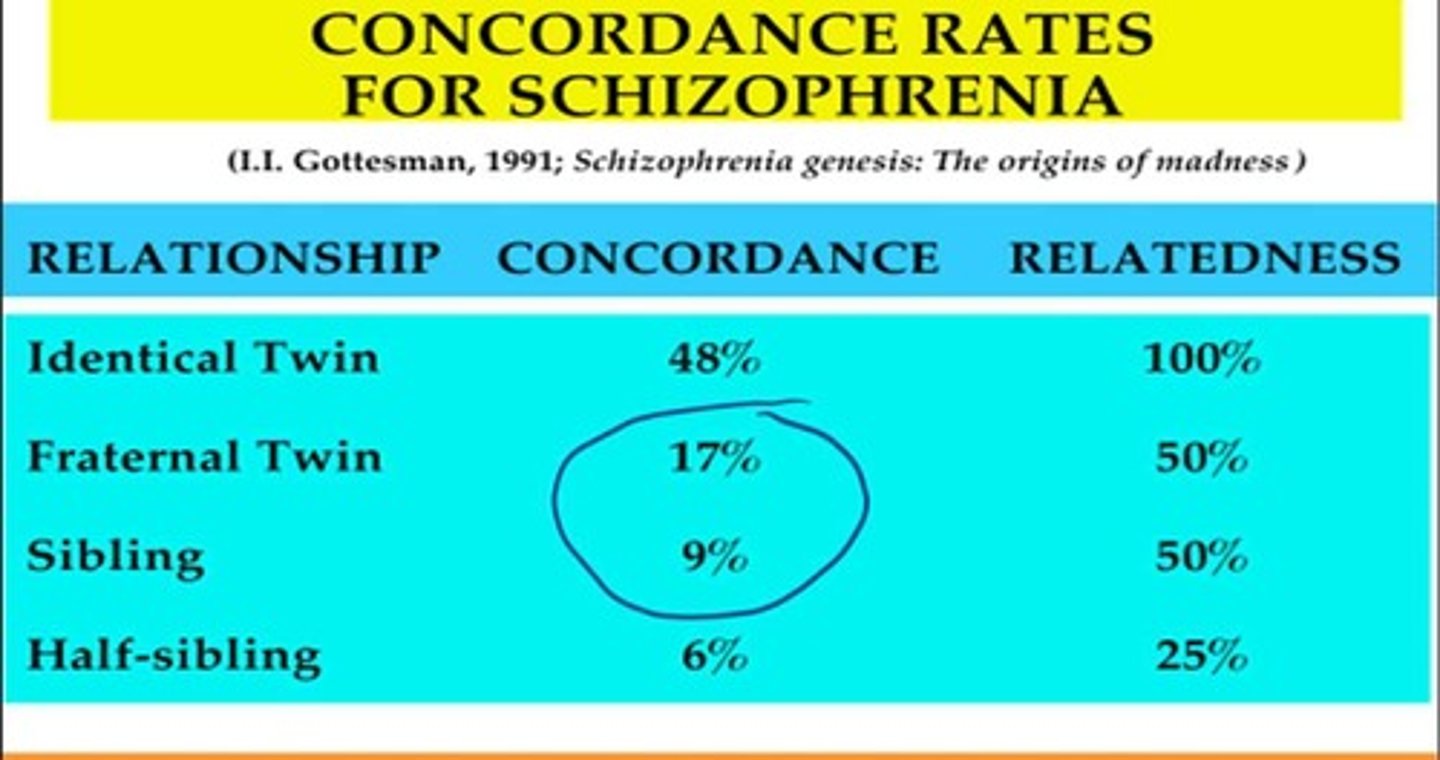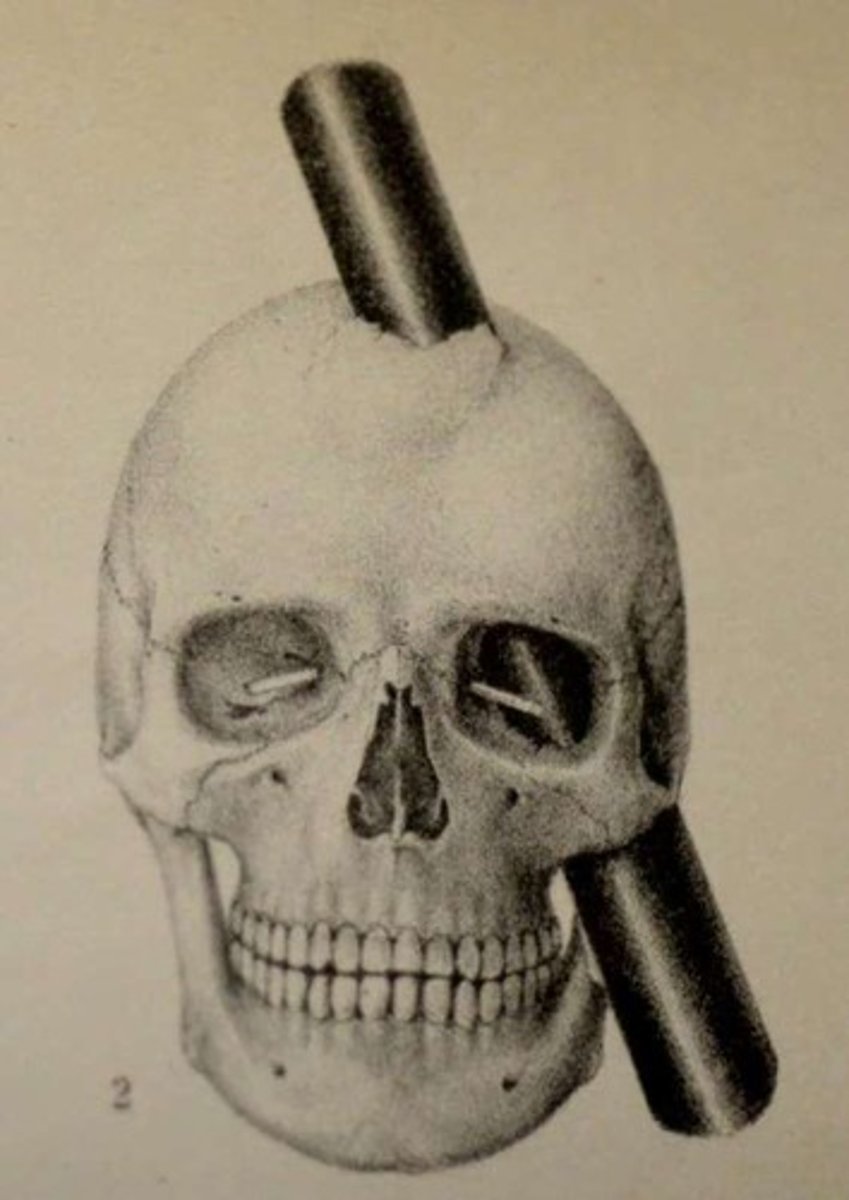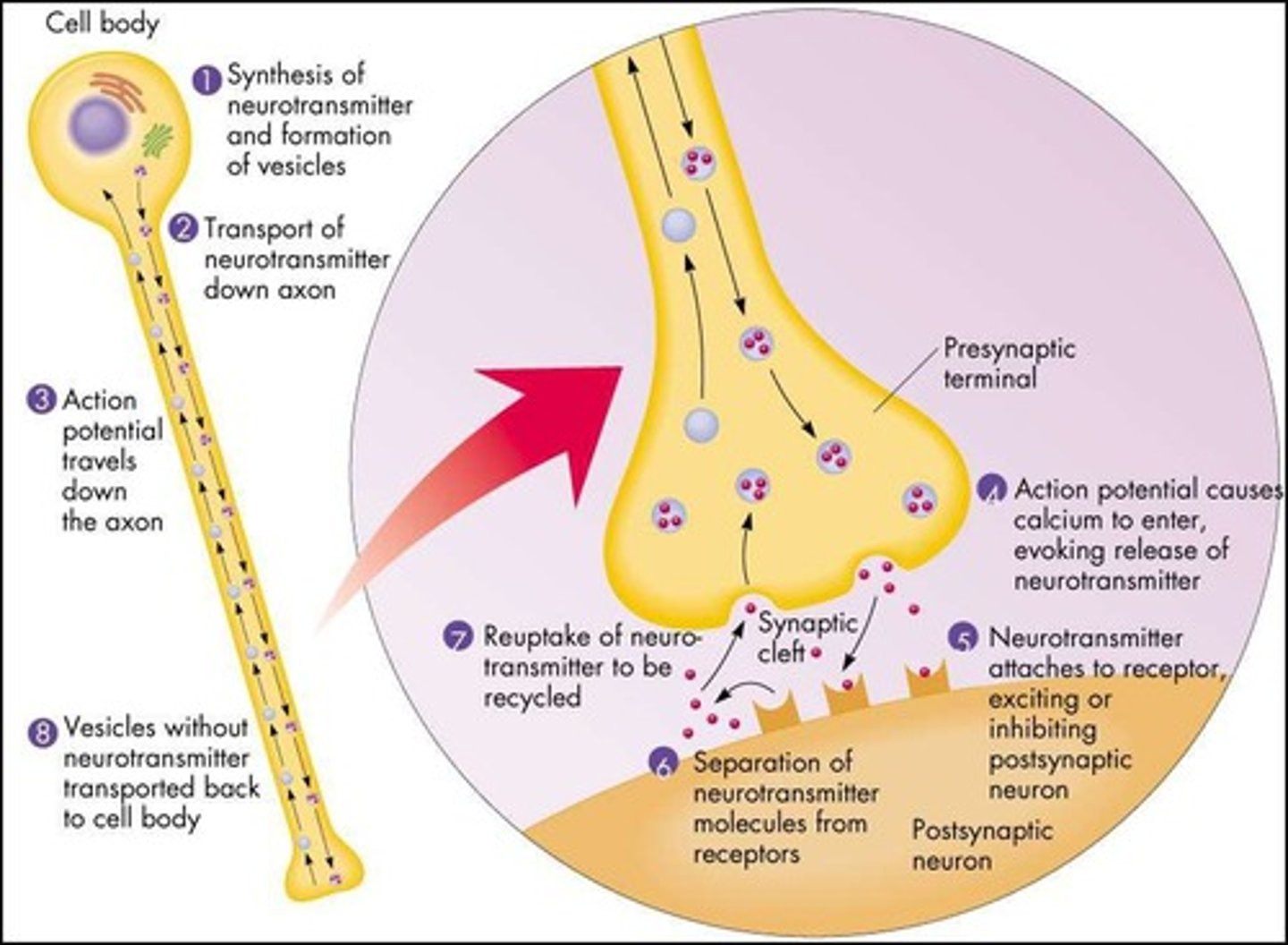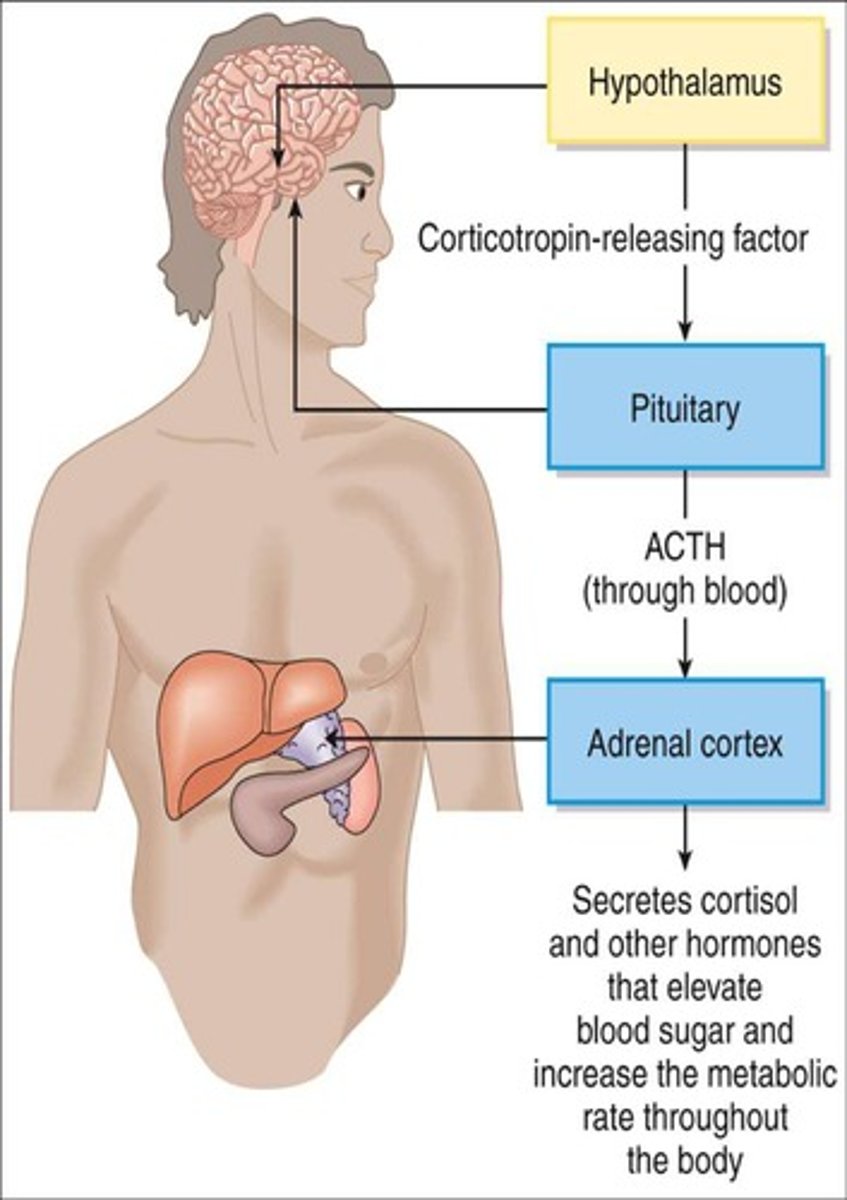Current Approaches in Psychological Disorders: Part 1
1/30
There's no tags or description
Looks like no tags are added yet.
Name | Mastery | Learn | Test | Matching | Spaced | Call with Kai |
|---|
No analytics yet
Send a link to your students to track their progress
31 Terms
Supernatural Causes
Only ~10% of psychological disorder causes.
Psychological Causes
Include grief, love, and jealousy.
Biological Causes
Include fever and hereditary factors.
Neuroscience Influences
Brain structure abnormalities affect mental disorders.
Biochemical Models
Neurotransmitter imbalances influence mental health.
Genetic Influences
Disordered genes contribute to mental disorders.
Nature Via Nurture
Behavior is influenced by genes and environment.
Polygenic Disorders
Mental disorders arise from multiple gene influences.
Heritability
Genetic contribution to behavior variability in populations.

Genotype
Total genetic makeup of an individual.
Phenotype
Observable characteristics resulting from genotype and environment.
Gene-Environment Interaction
Genes and environment jointly influence outcomes.
Differential Susceptibility
Genetic responsiveness varies to environmental effects.
Epigenetics
Environment alters gene expression through chemical marks.

Structural Connectivity
Connections between different brain structures via white matter.
Functional Connectivity
Correlations in brain activity across regions.
Brain Networks
Clusters of interconnected brain regions activate together.
Default Mode Network
Brain regions active during rest, not task performance.
Prefrontal Lobotomy
Severing frontal lobes to calm severe disorders.

Repetitive Transcranial Magnetic Stimulation
Magnets stimulate neural activity for depression treatment.
Electroconvulsive Therapy
Electric current through brain to correct neurotransmission.
Neurons
Cells in the nervous system transmitting signals.
Synapse
Gap between neurons for signal transmission.
Neurotransmitters
Chemicals transmitting signals across synapses.

Serotonin
Regulates emotion and implicated in various disorders.
Dopamine
Associated with reward pathways and addiction.
Norepinephrine
Increases activity; linked to anxiety and depression.
Gamma-aminobutyric acid
Inhibitory neurotransmitter reducing anxiety and aggression.
Neuroendocrine System
Links brain activity with hormonal functions.
HPA Axis
Regulates stress response via cortisol release.

Psychotropic Medications
Medications targeting neurotransmission for mental health.